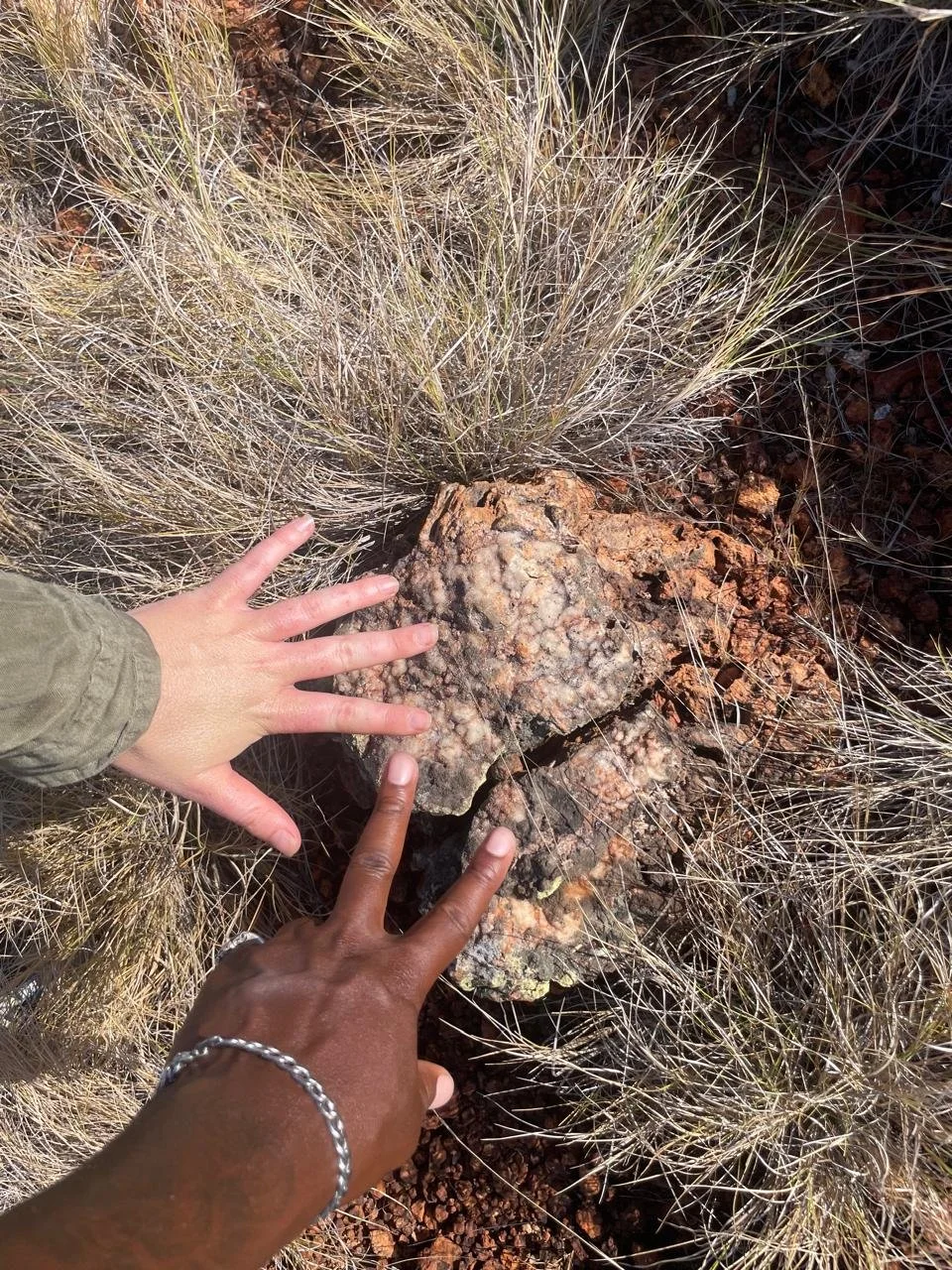In 2 Samuel 9, David demonstrates gratitude and loyalty, not only to God but also to people- by honouring his covenant with Jonathan, Saul’s son. Despite Saul and Jonathan’s deaths, David remains faithful to his promise to show kindness to Jonathan’s household. In earlier chapters, David and Jonathan shared a deep bond, marked by mutual love and emotional moments of weeping together (1 Samuel 20:41). This covenant drives David to seek out any surviving members of Saul’s house to bless them.
David learns of Mephibosheth, Jonathan’s son, who is disabled and living in obscurity. Despite Mephibosheth’s physical limitations and his status as a potential rival from Saul’s lineage, David shows no prejudice. He restores all the land that belonged to Saul to Mephibosheth, ensuring his inheritance is returned. Furthermore, David elevates Mephibosheth by granting him a permanent place at the king’s table, treating him like one of his own sons. David also instructs Ziba, Saul’s former servant, to serve Mephibosheth and manage his lands.
CHILD OF GOD, this reveals David’s character as a man of integrity who honours his promises, regardless of circumstances or physical appearances. You will never be able to appreciate and honour people when you focus on physical look or appearance. When you judge people from logical or religious stand points, you are limited to how much you can see and hence your honour for them is diminished. But here David teaches us the importance of showing appreciation to those God uses in our lives, looking beyond their flaws or weaknesses, as the Bible instructs to “know no man according to the flesh” (2 Corinthians 5:16). David’s actions reflect a heart that values covenant, loyalty, and grace, setting an example of honouring others where it is due.
David’s thankfulness extends beyond God to people, specifically honouring his covenant with Jonathan despite Saul and Jonathan’s deaths. It's easy for us to always say thank you Lord and that is so beautiful, never stop thanking the Lord, however, also remember to appreciate people God uses around you even in the smallest ways.
David and Jonathan’s deep friendship, marked by love and shared moments of weeping, underpins David’s commitment to Jonathan’s family. And that didn't end after David became king, instead, David continued to honour his covenant and friendship through Jonathan’s son. It's easy to keep a relationship when it's beneficial. What happens after you get what you want? Many tend to move on and never look back, but child of God, we should honour those God uses to position us, seeing beyond their imperfections and recognizing their role in our lives. Keep the relationship even after getting to the destination. Despite his disability and obscurity, Mephibosheth is honoured with a place at the king’s table and the restoration of his inheritance, showing David’s grace and faithfulness to his covenant.
REFLECTION QUESTIONS
How does David’s example of honouring his covenant with Jonathan inspire you to keep your promises, even when circumstances change or it becomes inconvenient?
In what ways can you show appreciation to people God has used in your life, even if they have flaws or weaknesses?
How does David’s treatment of Mephibosheth challenge you to look beyond physical limitations or societal status when showing kindness to others?
What does it mean to you to “know no man according to the flesh” in your relationships, and how can you apply this principle in your daily life?
How does Mephibosheth’s inclusion at the king’s table reflect God’s grace toward us, and how can you extend similar grace to those around you?
Are there any “Mephibosheths” in your life? People who are overlooked or marginalized that you can intentionally honour or bless?
Listen in to the recorded study for more insight & revelation.
Send us an email with your thoughts.



